We may earn commission or products from the companies mentioned/linked in this post.
Last Updated on May 9, 2024 by Mark
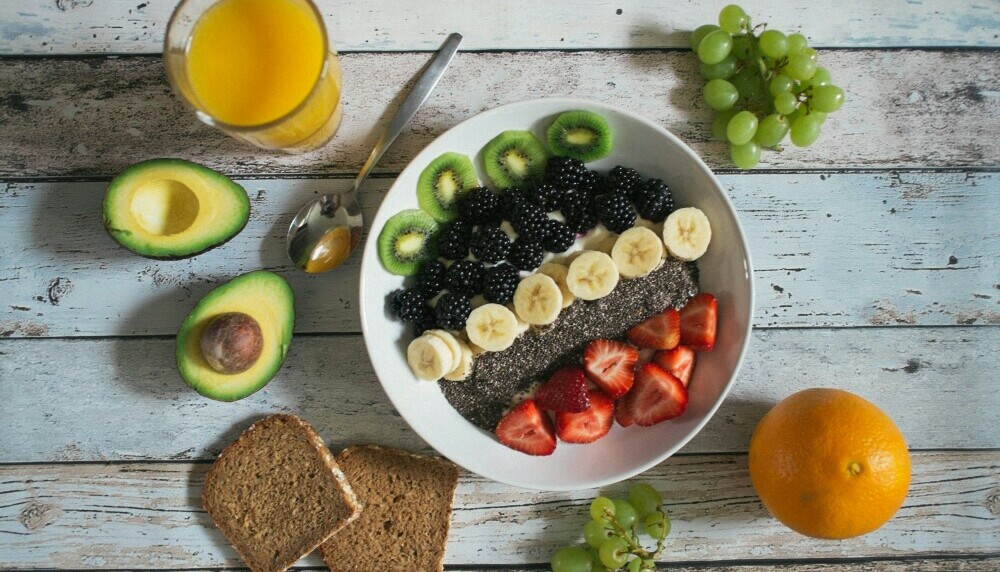
Let’s get started by explaining what dietary fiber actually is and Why Dietary Fiber is Important. Often talked about but sometimes misunderstood, dietary fiber is a plant-based nutrient that’s a bit of a superstar in the world of nutrition. Unlike fats, proteins, and carbs, your body doesn’t digest fiber. Instead, it takes a journey through your digestive system, adding bulk and helping with everything from regular bowel movements to toxin removal.
You’re not only going to find out Why Dietary Fiber is Important but also about its significant presence in foods like fruits, vegetables, whole grains, and legumes. And guess what? Fiber doesn’t just hang out in your digestive tract for a good time; it’s there for a long time. Fiber’s importance isn’t limited to preventing you from feeling backed up, it’s also pivotal in staving off disease, managing weight, and ensuring that your body functions like a well-oiled machine.
With that said, we’re going to explore Why Dietary Fiber Is Important – Going Beyond Protein, Carbs, And Fat!

Table of Contents
What is the Role of Fiber in the Diet
In my opinion, it’s not just about avoiding discomfort, although that’s a great benefit. Fiber plays a more global role in our health. From cardiovascular system to the endocrine system, you’ll see how increased fiber intake is associated with a myriad of health benefits. And if you’re thinking that all fiber is created equal, I’d encourage you to think again. We’ll also take a look at how different types of fiber have varying effects on your body.
Did you know that there are some common misconceptions about this nutrient power player? For instance, many people believe that just eating a lot of fiber-rich foods is enough. But, it’s not always that simple. The quality, type, and quantity of fiber all matter. And for those times when you don’t hit your fiber goals through diet alone, options like Nature Made fiber products can be a game-changer. They’re designed to fill in the gaps and ensure you’re reaping all the benefits fiber has to offer.
Well, there are two sides to every story, right? That’s why I want to offer a balanced view. High-fiber diets have tons of perks, but too much of a good thing can sometimes cause issues, that’s something I’m going to discuss in the next section. So stay tuned, because that’s going to include an in-depth exploration of why your body will thank you for feeding it dietary fiber and how to manage your fiber intake wisely.
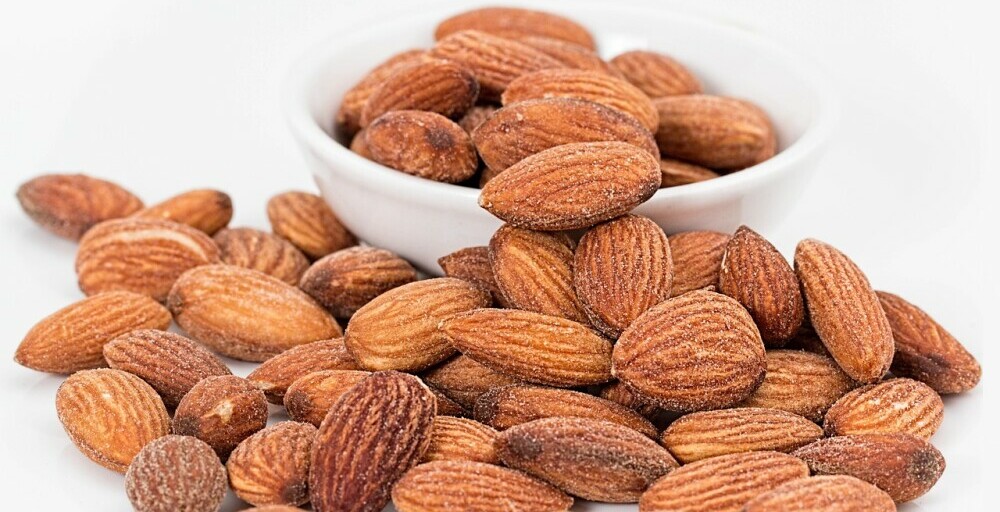
The Broad Benefits of Dietary Fiber: Beyond Digestion
When you think of fiber, you might picture its role in keeping things moving along in your digestive tract. Yet, the perks of fiber extend far beyond just aiding digestion. I’m going to illustrate how fiber’s superpowers can help keep some serious health concerns at bay.
You might be surprised to learn that dietary fiber can be a secret weapon in the fight against diabetes. By slowing down the absorption of sugar, high-fiber foods help in maintaining blood sugar levels, which is critical if you’re watching your glycemic index.
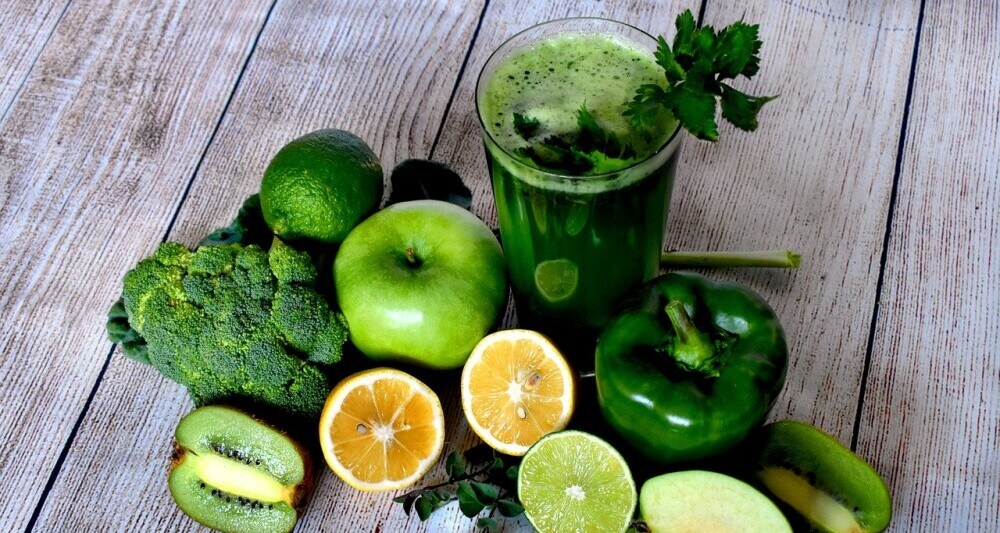
But here’s another nifty benefit: fiber is your heart’s friend. Regular consumption of fiber-rich foods has been associated with a lower risk of developing heart disease. It achieves this by helping to lower bad cholesterol levels—imagine these tiny fiber particles waving goodbye to cholesterol as they pass through your system.
In my opinion, fiber doesn’t get enough credit for its role in weight management. Foods high in fiber tend to make you feel fuller longer, which means you’re less likely to reach for that mid-afternoon snack. And you know what that means? Fewer calories consumed can make it easier to maintain or even lose weight.
Lastly, fiber has a major impact on the world within us—our gut microbiome. A vast array of beneficial bacteria thrives on the fiber we eat. In turn, these microbes support our immune systems, help with producing certain vitamins, and even play a part in our mood regulation.

The Pros and Cons of High-Fiber Diets: A Balanced View
When it comes to adding more fiber to your diet, there’s a lot to be excited about. Increased fiber can mean better digestion, lower risk factors for certain chronic diseases, and support in your weight management goals. But like all good things, balance is key. Too much fiber too quickly, or just too much in general, can introduce some less-than-desirable effects.
On the plus side, a diet high in fiber is known for keeping the digestive system running smoothly. You’re going to find out about fiber’s role in bulking up your stools and making them easier to pass, which can be a real game-changer for anyone who’s experienced the discomfort of constipation. Also, specific types of fiber can act as prebiotics, providing nourishment for your gut’s beneficial bacteria.
Fiber isn’t just about a happy gut; it also has a hand in reducing risks of diseases like type 2 diabetes and colon cancer. By regulating blood sugar and promoting a feeling of fullness, fiber helps in steering clear of the sugar spikes and binge eating that can lead to more serious health issues down the road.
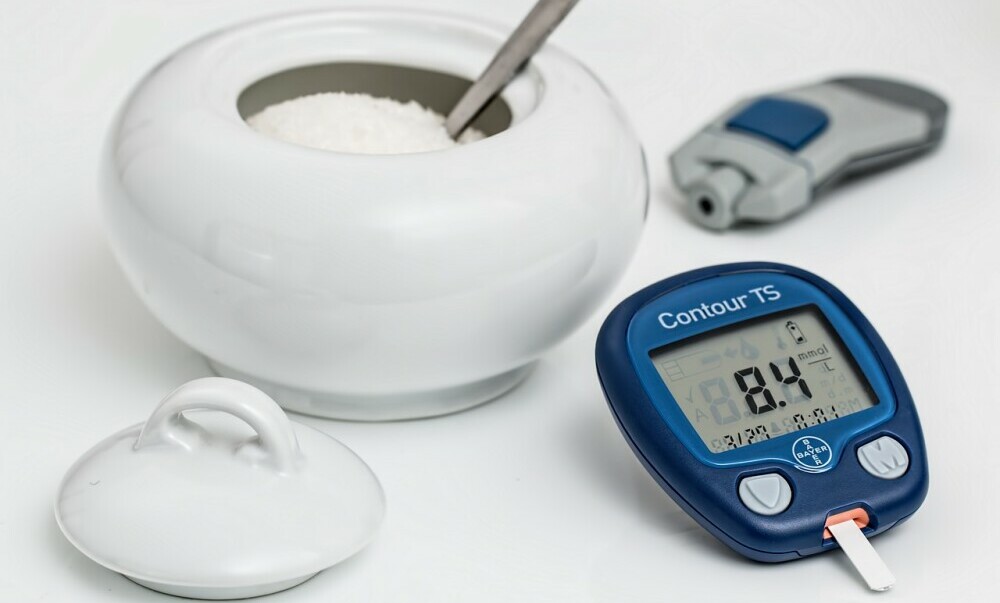
Now, switching gears a bit, let’s talk about where you need to be cautious. Suddenly piling on the fiber can lead to digestive discomfort, bloating, and gas — not the best trade-off. And, if you’re not drinking enough water, high fiber intake could actually cause constipation, the very thing you’re looking to avoid.
Sure, dietary fiber is a superstar in many respects, but too much of it might interfere with the absorption of minerals like iron, zinc, and calcium. This doesn’t mean you should shy away from fiber, though. It just means you need to find your dietary sweet spot. For adults, the recommendation is about 25 to 30 grams of fiber a day from food, not supplements. However, this number can vary depending on age and gender.
So, how can you make sure to reap the benefits without falling into the trap of the cons? A gradual increase is the key. And hey, fiber supplements can lend a helping hand when your diet just isn’t cutting it. That brings us to Nature Made, a trusted name that has been around the block and offers a variety of fiber products to suit different needs and preferences.
Additional Resource: The Top Nutritional Supplement Companies – Quality Without Compromise!
Nature Made Fiber Products: A Convenient Option
Now what is a big name in the vitamin and supplement space? Nature Made is one of those heavy hitters, and for good reason. They’ve established a solid reputation for quality and reliability in their products. This is exactly why discussing Nature Made fiber products fits perfectly into our conversation.
In my opinion, when you’re looking for fiber supplements, you want to make sure you’re picking from the best. Nature Made offers various fiber products that can seamlessly integrate into your daily routine, making it easier to meet your fiber goals.
Choose something that fits into your life and busy schedule: whether it’s the convenient capsules, the chewable tablets, or even the fiber gummies. There’s a lot of opportunity in what Nature Made offers to support your fiber intake.
And it’s not just about the variety; it’s also about trust. Nature Made’s commitment to quality assurance and science-based formulations can give you confidence in their fiber supplements. They adhere to strict manufacturing standards, which contributes to their authoritativeness in the supplement industry.
So here’s a look inside their website: you can dive into reviews, research the product lines, and make educated decisions. Nature Made’s transparent labeling and detailed product information will help you understand exactly what you’re consuming and how it can benefit your health.
Incorporating Fiber into Your Daily Routine: Practical Tips
I’m here to help you seamlessly integrate more fiber into your daily meals. This isn’t just about adding a bunch of greens to your dinner plate; it’s also about making smart, delicious choices that you’ll enjoy.
Start with swapping out refined grains for their whole counterparts. Think brown rice over white rice, whole grain bread instead of white bread, and whole wheat pasta in place of regular pasta. It’s an easy switch that can have a big impact.
Next up, snacks! Choose something that works for you and your taste buds. Fresh fruits, vegetables, nuts, and seeds are not only nutritious but also packed with dietary fiber.
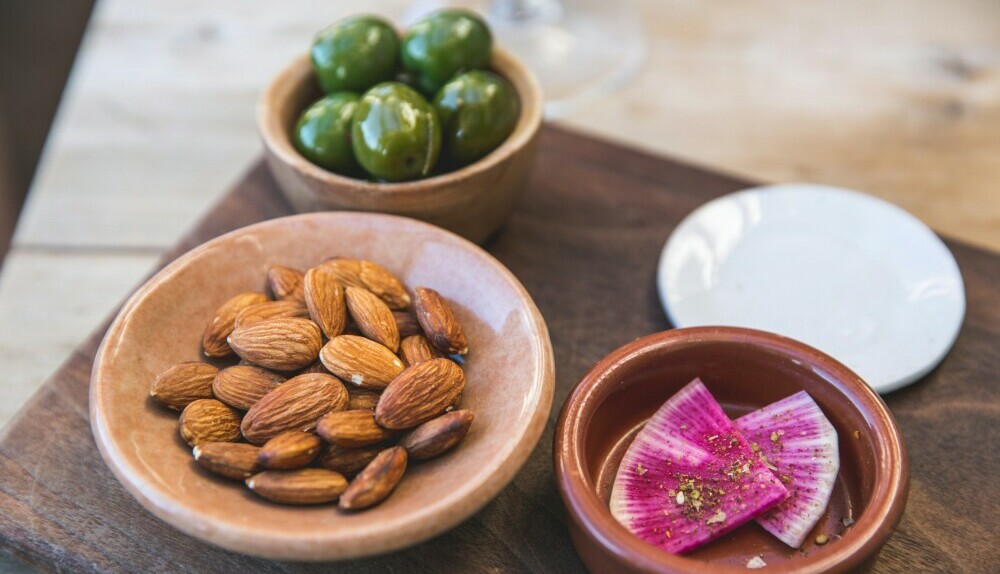
Your breakfast is another opportunity to boost your fiber intake. How about starting your day with a bowl of oatmeal or a smoothie loaded with fruits, vegetables, and a scoop of chia or flax seeds?
Don’t worry too much about making these changes all at once. You can always make changes as you go. Gradual changes are more sustainable and give your body time to adjust.
Tap into the vast array of resources available for fiber-rich recipes and meal ideas. There’s a lot of opportunity in exploring new cuisines that naturally emphasize legumes, whole grains, and vegetables.
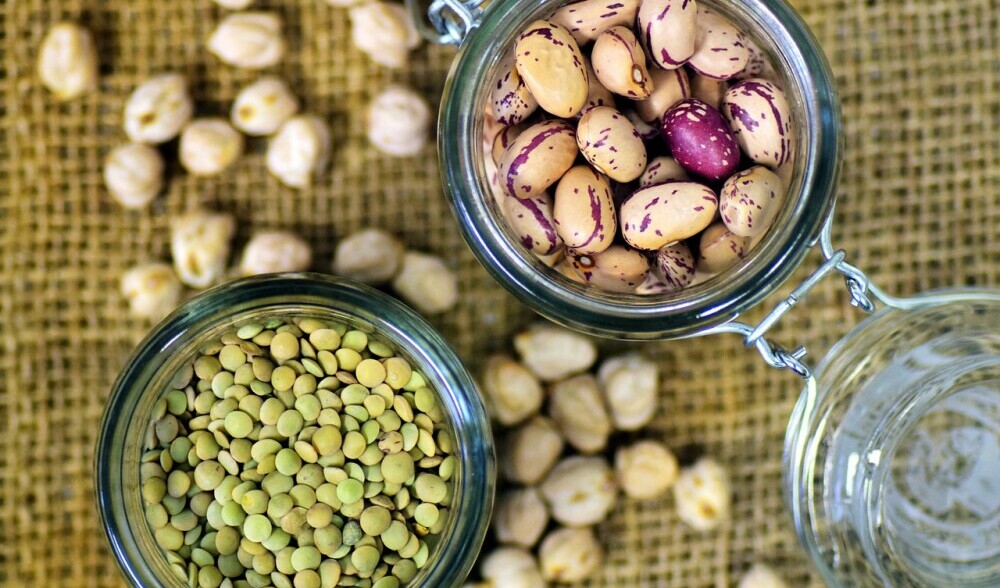
When it comes to shopping, take a moment to read food labels. Fiber content is listed there, and you’re going to find out about other valuable nutrients as well.
Moving Forward: The Guide to Healthy Eating
Remember, a focus on fiber doesn’t mean neglecting other aspects of a healthy diet. Balance is key. Ensure you’re also getting enough protein, vitamins, and minerals.
These practical tips are not just to help you meet your daily fiber needs, but to encourage making nutritious choices that benefit your overall well-being. And if you ever need a little extra fiber, remember that Nature Made fiber supplements are there as a convenient support.
Why Dietary Fiber is Important: Final Thoughts
Always keep in mind, embracing a high-fiber diet is a positive, healthful decision. Keep experimenting with fiber-rich foods and find what works best for you. You’ll be glad you did.
Thanks for reading, we look forward to your visit to EliteWealthAffiliates.com for more posts designed in helping you enhance your Health, Wealth, and Happiness!


